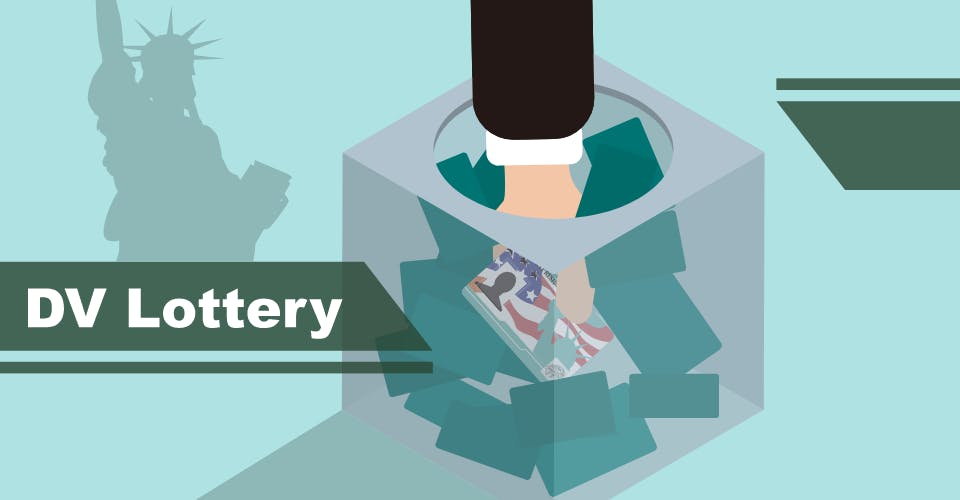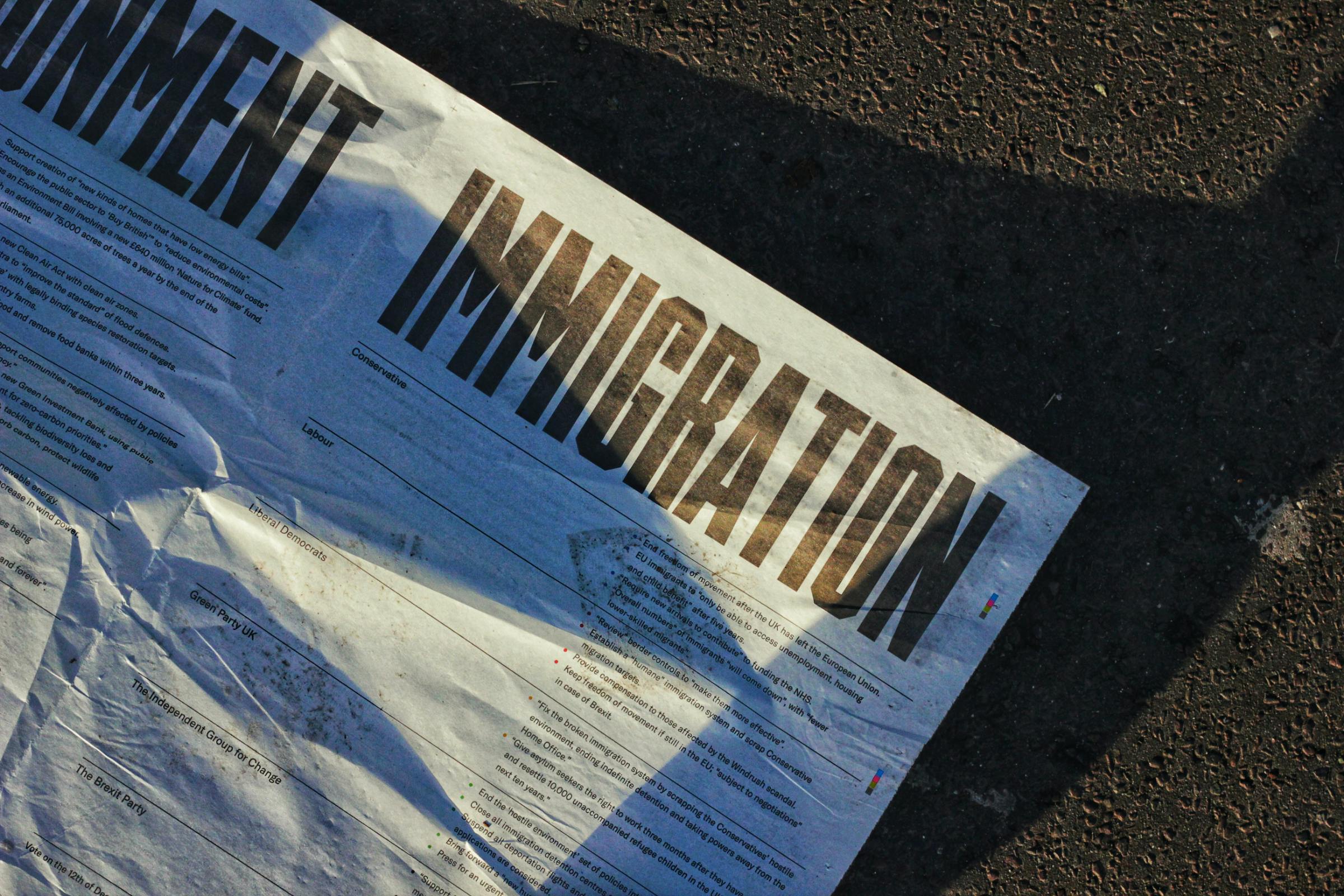In order to understand the rationale behind the United States Diversity Lottery, it’s important to trace it back to the INA—The Immigration and Nationality Act of 1965. This act replaced the more nativist policy that preferred immigrants from Northern and Western Europe with skills and performance-based immigration policy that gave immigrants the capability to fit into the U.S. job market, and thus the economy. The INA was a critical new piece of legislation that, once in effect, has changed the composition of immigration by nation up until this day.
The INA Act, and well into the 1970s and 1980s, saw much more immigration from East and South Asia, as well as from Latin America. Family reunification, part of the family-based preference when filing an adjustment of status of eventually for naturalization, became a common theme for many immigrants from these regions looking to make their permanent residence in the U.S.
Irish and Italian Congressmen, approaching the 1990s, however, we're worried that with such an influx of new immigrants, that Irish and Italian communities would be badly outweighed and outcompeted by the new skilled labor in the United States. In part, this led to the drafting of the 1990 Immigration Act, which introduced a visa lottery where between 1992-1994, 18,000 visas were awarded to the Irish to come to America (as the economic situation in the country was also de-stabilizing).
However, new rules and amendments to this Immigration Act took place in 1995, which imposed a new, true visa diversity lottery. The ineligible countries part of the new rule were China, Taiwan, Colombia, Dominican Republic, India, Jamaica, Korea, Mexico, Philippines, Great Britain, Guyana, and Haiti. Thus lottery winners would be from underrepresented countries. The only requirement of lottery applicants was that they have either a high school education or at least two years of work experience in an occupation that requires two years of training or experience.
Effects of the New Diversity Lottery
The result of such a new policy meant that countries in Eastern Europe would be better represented in the immigrant pool in the U.S., as well as countries in sub-Saharan Africa. For example, in the fiscal year 1996 nationals from Nigeria, Ghana, Bangladesh, Ethiopia, and Poland were the most successful in the lottery. In 1997, Albania became a successful country among visa lottery winners.
The Diversity Lottery now issues visas specifically for immigrants who are citizens of countries from where fewer than 50,000 immigrants came to the United States over the previous five years. Under the law, a single country may receive no more than 7 percent of available diversity visas. In other words, those who want to enter into the drawing of the visa lottery have a low probability of being selected, but being selected still amounts to winning a green card, and having legal permanent residence in the U.S.
Fast Facts regarding DV Lottery:
- An immigrant can only enter their name once per year
- Married couples have double the chance of getting picked
- The winners for 2021 are not affected by the coronavirus pandemic
- You can still only travel outside of the U.S. for 6 months once you’ve been awarded a green card (same rules as LPR status)
- The average time of processing for the Diversity Lottery is about 2 years (from the point of entering the lottery)
- The DV program issues 50,000 visas annually














